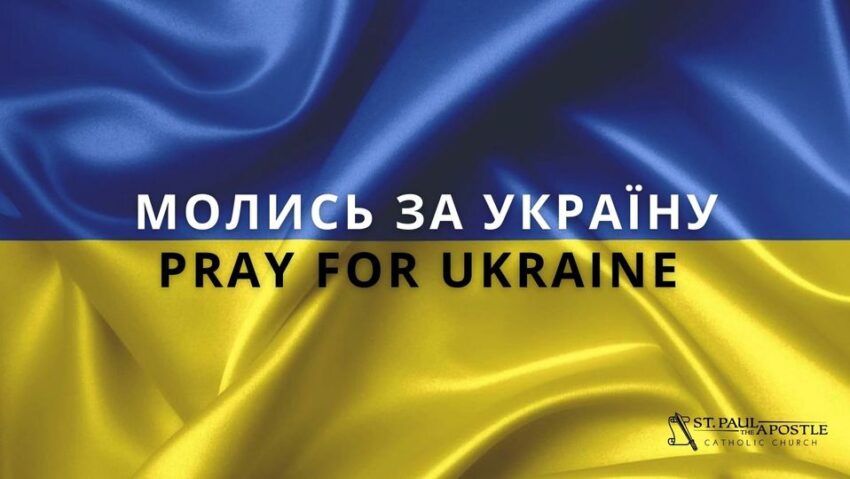
Pope appeals for peace in Ukraine as threat of war looms
By Vatican News staff writer
At the conclusion of his weekly General Audience, Pope Francis asked the faithful “to pray for peace in Ukraine, now and throughout this day.” The Holy Father had called for an international day of prayer for peace to be held on 26 January, as Russia amasses troops on along its border with Ukraine.
The Pope asked the Lord to “grant that the country may grow in the spirit of brotherhood and that all hurts, fears and divisions will be overcome.”
He then urged that today’s prayers and supplications rise up to heaven and “touch the minds and hearts of world leaders, so that dialogue may prevail and the common good be placed ahead of partisan interests.”
Finally, the Pope asked that our prayer for peace be made with the words of the Our Father, explaining that “it is the prayer of sons and daughters to the one Father, the prayer that makes us brothers and sisters, the prayer of children who plead for reconciliation and concord.”
Prayers for Ukraine come as the US and other world leaders continue to accuse Russia of preparing a military invasion in Ukraine, an accusation that Russian President Vladimir Putin denies.
Threat of invasion and sanctions
In the latest updates, President Joe Biden said Tuesday that he would consider imposing economic sanctions personally targeting Vladimir Putin if the Russian president orders a new attack on Ukraine. His comment came as other Western leaders also repeated warnings that Russia would pay a heavy price for invasion.
Amongst these is British Prime Minister Boris Johnson, who urged European allies to have sanctions ready to impose if Russia invades Ukraine.
Current situation
There are fears of more bloodshed in Ukraine where clashes between government forces and Russian-backed separatists in the country’s East have already killed 14,000 people.
Russia has amassed around 100,000 troops within reach of Ukraine’s border, but denies planning an invasion. Instead, it has cited the Western response to its military buildup as evidence that Russia is the target of aggression.
On Monday, Washington put 8,500 troops on heightened alert for possible deployment to Eastern Europe, potentially at very short notice, and other NATO member states moved to boost their security presence in the region. Moscow retaliated, saying the United States was escalating tensions.
